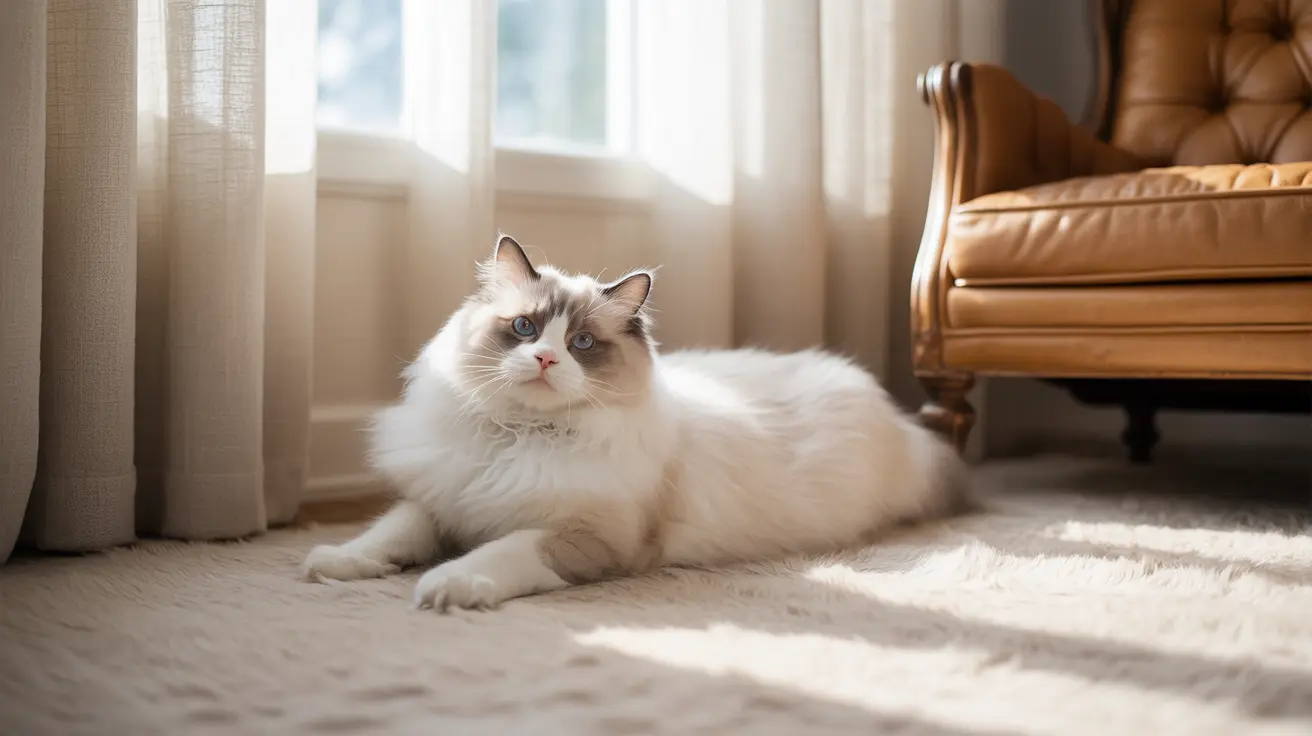As a cat owner, you might have fond memories of movies or cartoons depicting cats lapping up bowls of milk. However, the reality is far different from this popular image. Despite their apparent love for this creamy beverage, most cats cannot safely consume milk without experiencing significant digestive issues.
Understanding why milk is problematic for cats is crucial for maintaining your feline friend's health and well-being. In this comprehensive guide, we'll explore the surprising truth about cats and milk, helping you make informed decisions about your pet's diet.
Why Cats Shouldn't Drink Cow's Milk
The primary reason cats should avoid milk is their fundamental inability to digest lactose efficiently. As cats mature, they lose the enzyme lactase, which is essential for breaking down the sugars found in milk. This biological change means that most adult cats are effectively lactose intolerant.
The Science of Feline Lactose Intolerance
Unlike humans, cats are obligate carnivores with digestive systems specifically designed to process meat. Their bodies are not equipped to handle the complex sugars found in cow's milk. While kittens can digest their mother's milk during early stages of life, this ability dramatically reduces as they grow older.
Dangerous Health Consequences of Milk Consumption
Giving milk to cats can lead to a range of uncomfortable and potentially serious health problems. The most immediate consequences include severe digestive distress that can significantly impact your cat's comfort and overall health.
Digestive Symptoms to Watch For
When cats consume milk, they may experience:
- Persistent vomiting
- Intense abdominal pain
- Chronic diarrhea
- Excessive gas and bloating
- Potential dehydration from fluid loss
Nutritional Concerns
Beyond digestive issues, milk offers no meaningful nutritional value for cats. In fact, it can displace essential nutrients from their diet and contribute to potential weight gain. Whole milk, in particular, contains high fat content that can lead to obesity and related health complications.
Alternatives to Cow's Milk
If your cat seems to crave milk, there are safer alternatives that can satisfy their desire without causing harm. Specialized lactose-free cat milk products are available in pet stores, specifically formulated to meet feline dietary needs.
Hydration is Key
The most important beverage for cats is always fresh, clean water. Ensuring your cat has constant access to water will support their hydration and overall health far more effectively than any milk product.
Frequently Asked Questions
Can cats drink milk safely, or will it make them sick?
Most cats cannot drink milk safely. They will likely experience digestive issues like diarrhea, vomiting, and stomach pain due to lactose intolerance.
What are the symptoms of lactose intolerance in cats?
Symptoms include vomiting, diarrhea, abdominal pain, excessive gas, bloating, and potential dehydration.
Why do cats crave milk if it's bad for them?
Cats might be attracted to milk's fat content and creamy texture, but this doesn't mean it's good for them. Their attraction is purely instinctual and not based on nutritional needs.
Are there any types of milk that are safe for cats to drink?
Only specialized lactose-free cat milk products are safe. Regular cow's milk, regardless of fat content, should be avoided.
How much milk can I give my cat without causing health issues?
The safest amount is zero. Even small quantities can trigger digestive problems in most cats.
By understanding your cat's unique dietary requirements, you can ensure they remain healthy, happy, and free from unnecessary digestive stress. Always consult with your veterinarian for personalized dietary advice for your specific pet.






